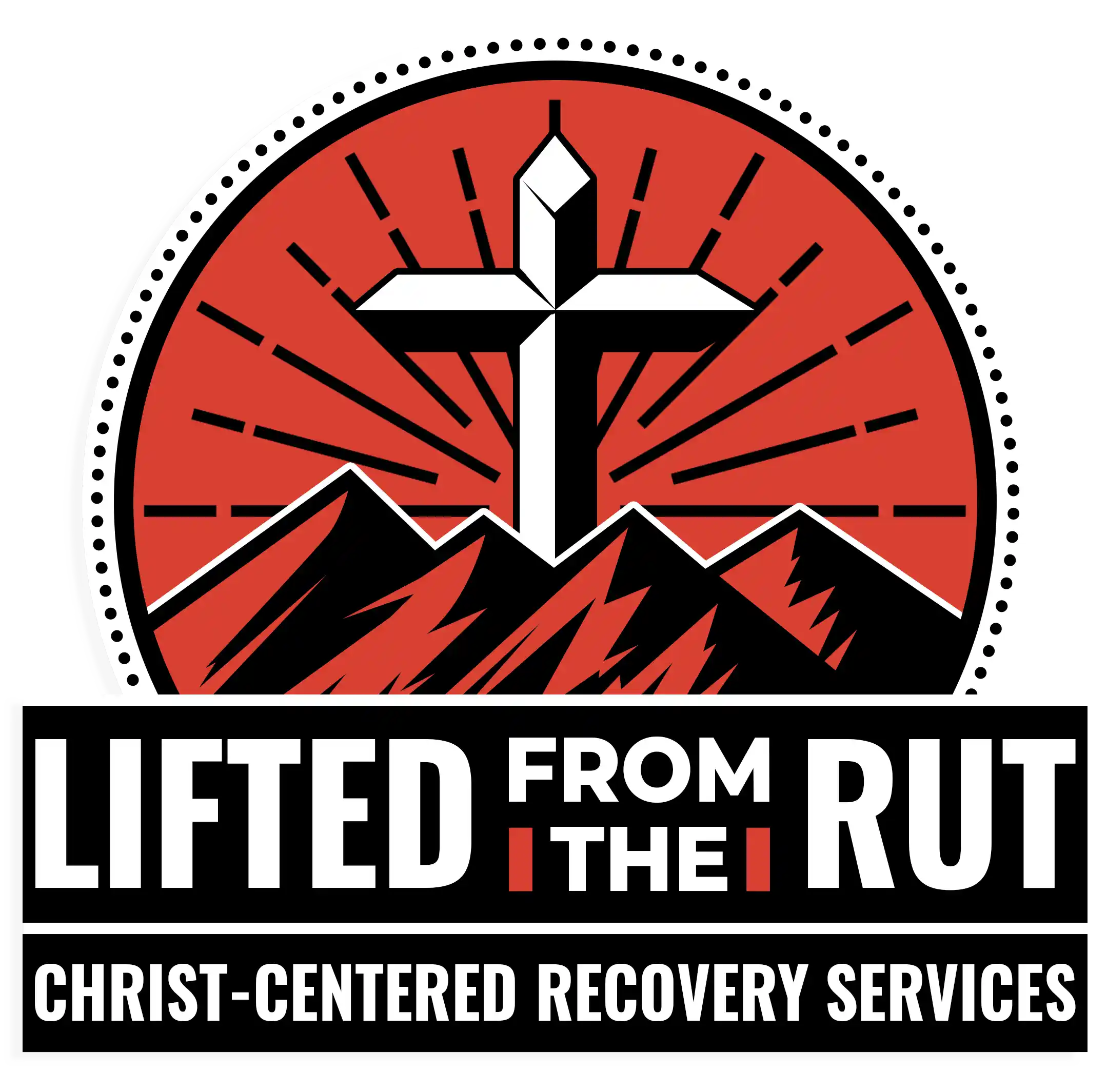Writing an intervention letter is a powerful and compassionate step toward helping a loved one struggling with addiction. In a faith-based context, this letter not only expresses concern but also integrates spiritual encouragement and biblical principles, offering hope and a path to healing.
The aim of this article is to serve as a comprehensive guide on how to write an effective intervention letter, which sends a message of love, concern, and support.
The Purpose and Power of an Intervention Letter
An intervention letter serves as a critical tool in both planning and conducting a substance abuse intervention. You are taking a decisive step toward helping a loved one confront harsh realities. It is more than just communication—it is a structured tool that organizes your thoughts. With the help of this letter, you can provide a clear, calm, and loving message that can help the addicted individual understand the seriousness of their situation and the support available to them.
By thoughtfully outlining your feelings and boundaries, you prevent misunderstandings and emotional overwhelm during the intervention. This approach allows you to maintain trust, strengthen emotional connection, and encourage your loved one to accept help.
The letter acts as a roadmap during what can be an emotionally charged meeting, helping keep the focus on love and recovery rather than blame or confrontation. It also offers the opportunity to share personal concerns and specific examples of how addiction has affected relationships while inviting the person to accept treatment.
Your letter can also support treatment teams by offering insight into your family’s perspective and commitment. In faith-based interventions, the letter can also include spiritual encouragement and scriptural references that reinforce hope and transformation through God’s grace.
You can take the crucial first step toward addiction recovery with our drug and alcohol intervention service in Littleton, Colorado. Our program offers a Christian-centered, outpatient approach designed to support individuals and families on their recovery journey. The process is tailored to the unique needs of each individual and their loved ones to motivate the person to enter outpatient addiction treatment.
Preparing to Write the Intervention Letter
Before writing, it is essential to prepare through thoughtful reflection on your relationship and the reasons that motivate you to help.
Start by recalling specific moments when their substance use affected you. List behaviors and incidents that concern you so that you can prepare transparent and honest examples for your intervention letter.
Educate yourself about addiction as a disease to ensure empathy guides your words. Define the primary objectives of your intervention and outline the potential boundaries or consequences that may arise if help is refused.
Once you have drafted your letter, review and revise it by reading it aloud or sharing it with someone you trust. Also, plan for a follow-up step, such as treatment options or a commitment contract, to accompany the letter.
Expressing Empathy and Unconditional Love
Begin the letter by expressing heartfelt love and genuine concern. Let your loved one know you truly see and respect their feelings by acknowledging their experiences without judgment. Use empathy to help them feel understood, showing you value them beyond their struggles.
Acknowledge the importance of your relationship and affirm their worth in God’s eyes. For example, you might write:
“Dear [Name], I want you to know how much I love you and how deeply I care about your well-being. Our relationship means so much to me, and it pains me to see you struggling.”
Starting with love helps disarm defensiveness and opens the door for honest communication.
Demonstrate unconditional love by expressing that your concern comes from deep care—not blame, anger, or frustration. Share specific examples of their positive qualities and recall meaningful memories to reinforce their worth.
Use compassionate language and, when appropriate, your feelings or past actions to build trust and reduce defensiveness. Ensure that your support remains consistent, regardless of any setbacks. This sincere foundation of empathy and unconditional love is essential for fostering openness to help and bringing you closer together.
Acknowledge Addiction as a Disease
When you write your intervention letter, make it clear you understand addiction as a medical condition that affects the brain’s reward, motivation, and self-control systems. Incorporate an understanding that addiction is a disease rather than a moral failing. This perspective reduces guilt and shame, helping the person see that their struggle is not a reflection of their value or identity but a condition that requires treatment. You might say:
“I have come to understand that addiction is a disease that affects the mind and spirit, and I believe with God’s help and the right treatment, healing is possible.”
Reference how leading organizations, like the American Medical Association, formally classify substance use disorder as a medical illness, not a moral issue. Mention that neuroimaging and genetic research support the fact that prolonged drug use changes brain chemistry, which can drive compulsive behaviors.
This approach aligns with biblical compassion and encourages the individual to seek help without feeling condemned. You can also explain the benefits of faith-based addiction treatment that offers a holistic approach to recovery by integrating spiritual practices with traditional therapies. This method helps individuals reconnect with a higher power, providing them with renewed purpose, guidance, and the strength to persevere through challenges.
Share Specific Examples
Provide clear, factual examples of how the addiction has affected the person’s behavior and your relationship. Avoid vague or accusatory language. Instead, gently describe specific incidents that illustrate the impact of their addiction, such as missed family events, broken promises, or changes in mood and health.
Instead of general statements, point to real situations—like, “Last Tuesday, you were unable to recognize your daughter,” or “You missed your medication appointment entirely last month.”
Describe behaviors that demonstrate the seriousness, such as “you drove while intoxicated on New Year’s Eve.” Use clear, measurable incidents, such as “your slurred speech during family dinner,” so your loved one can’t dismiss your concerns as an exaggeration.
Connecting these examples to your feelings is also vital. For instance, “I felt scared when I found empty bottles in your car.” Concrete examples help your loved one understand the consequences of their actions.

Express Your Feelings and Concerns
Share how you feel about their substance use, using “I” statements to keep the focus on your own experience. For example, you might write, “I feel anxious when I don’t hear from you for days” or “I feel hurt when you miss family gatherings.” Showing how their behavior affects you—and others—conveys genuine concern without placing blame.
This personal expression fosters empathy and reinforces your commitment to support them through recovery.
They must understand your worry stems from a place of love and support. Express that your most profound concern is for their well-being, and emphasize you are reaching out because you care about their health and happiness.
Offer a Path to Treatment
Present a path to recovery, emphasizing that help is available and that you are there to support them. Please specify treatment options, including faith-based programs or counseling that incorporate spiritual growth. For example:
“We have found a wonderful Christian recovery program that offers both professional care and spiritual guidance. We want to help you take this step toward healing and new life in Christ.”
Encouraging acceptance of treatment shows hope and a practical way forward.
Include an Ultimatum (Optional)
While many interventions do not require ultimatums, some situations call for clear boundaries to prevent enabling destructive behavior. If you choose to include an ultimatum, make it a straightforward “if… then” statement, delivered with love but firmness. For example:
“If you choose not to accept help and enter treatment, we will need to set boundaries to protect ourselves and encourage your recovery, which may include limiting financial support.”
Ultimatums should be used carefully and prayerfully, ensuring they are consistent with biblical principles of love and accountability. Your aim is not to punish but rather to reinforce the importance of accepting help and clarifying your boundaries.
Tips for Writing an Effective Intervention Letter
- Keep it concise and focused: Avoid lengthy or overly detailed letters that may overwhelm the reader.
- Use compassionate, non-confrontational language: Avoid blame or judgment to reduce defensiveness.
- Incorporate scripture and prayer: Ground your message in God’s Word to provide spiritual encouragement.
- Express gratitude and positive memories: Recall times when the person showed love or strength to remind them of their value.
- Use “I” statements: Communicate your feelings clearly without assigning blame.
- Rehearse the letter: Practice reading it aloud with others involved to refine tone and content.
- Offer hope and support: Emphasize that recovery is possible and that you will be there to walk alongside them.
- Set clear boundaries if needed: Protect yourself and encourage accountability lovingly and respectfully.
Final Thoughts from LFTR Christ-Centered Recovery Services
Writing an intervention letter might feel daunting, but your words can truly make a difference. By approaching your loved one with honesty, empathy, and unwavering support, you are showing them they are not alone in their struggle.
At LFTR Christ-Centered Recovery Services, our faith-based rehab programs in Colorado offer a unique and holistic approach to addiction recovery, integrating biblical principles with evidence-based clinical treatments. Our team combines professional expertise with spiritual wisdom, creating a supportive space where individuals can experience transformation rooted in faith and clinical excellence.





